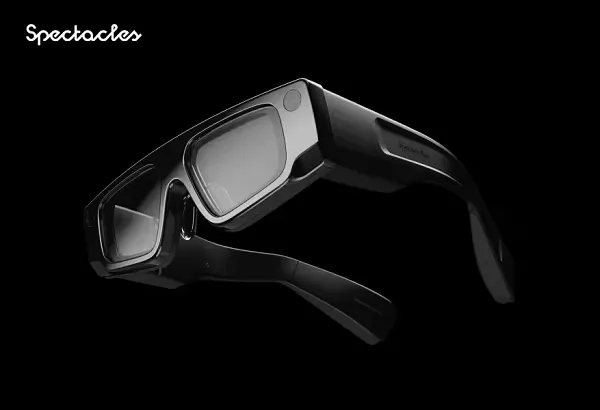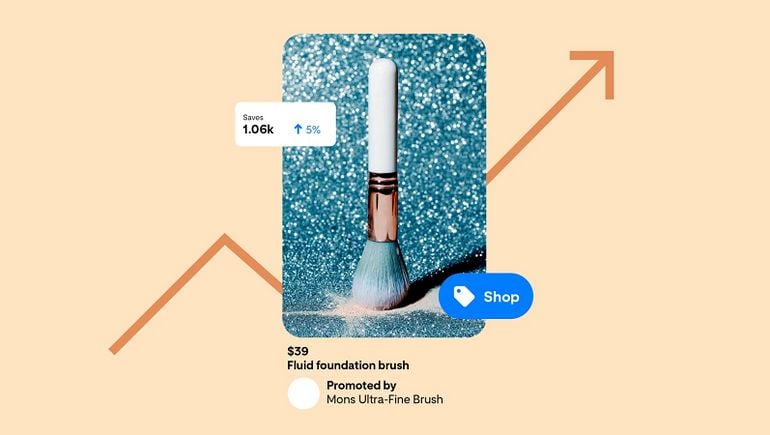Snapchat’s looking to make a big splash, and get ahead of its rivals, with the launch of a fully AR-enabled version of its Spectacles glasses, which will be available to consumers early next year.
Called “Specs,” Snapchat’s making a push to get its experimental AR device into retail production ahead of Meta’s AR glasses, which are set to hit store shelves in 2027.
Snap says that the new Specs will be a more stylized version of its current AR Spectacles, which Snapchat’s been working on for, really, the past decade, with developers helping to refine the device over the past year.

This bulky, current version of Snap’s AR glasses will be slimmed down for the new Specs, though Snap hasn’t released product images or technical details (including pricing) as yet.
Snap says that the glasses will have full pass-through vision, enabling digital overlays on your real-world experience, with a range of functional elements already built into the device, including AI.
Also, “no puck, no tether, no phone required”, Snap CEO Evan Spiegel says.
As explained by Snapchat:
“Snap’s all-new Specs are uniquely positioned to understand the world through advanced machine learning, bring AI assistance into three-dimensional space, enable shared games and experiences with friends, and provide a flexible and powerful workstation for browsing, streaming, and more.”
It’s a bold push from Snap, which, despite being the leader in AR development, is at risk of losing out in the longer-term AR wearables race, as it goes up against much more well-resourced challengers in Meta and Apple.
Which would be annoying for Snap. The company released the first version of its camera-equipped Spectacles back in 2016, and the vision even then was to integrate AR experiences into the device.
Indeed, Snap went all-in on AR glasses even then, re-framing itself as “a camera company,” and registering various patents for its unique AR device.
But production challenges, cost blowouts, and declining interest in Spectacles appeared to dampen its momentum, while Snap also hadn’t been able to grow its ad business as fast as it had hoped. But now, with its business back on the right track, it clearly sees an opportunity to get ahead of the market, and beat Meta to the punch with fully AR-enabled glasses, which could give it first-mover advantage.
As per Snap CEO Evan Spiegel:
“We believe the time is right for a revolution in computing that naturally integrates our digital experiences with the physical world […] we couldn’t be more excited about the extraordinary progress in artificial intelligence and augmented reality that is enabling new, human-centered computing experiences. We believe Specs are the most advanced personal computer in the world, and we can’t wait for you to see for yourself.”
Though it remains to be seen whether Snap can truly compete with Meta, and Apple, in the long term.
Meta’s taking a longer pathway to a retail launch of its own AR glasses, in order to improve the functionality and wearability of the device. And given its success with its Ray Ban Meta glasses, the company is poised to be able to eventually launch a solid AR device, which, at this stage at least, looks to have significantly more technical capacity than Snap’s model.
The question then is whether people will be keen to try out Snap’s glasses now, as opposed to waiting for Meta’s coming device.
Snap’s hoping to use that early launch time to gather more attention, without competition, and with Snap users already engaging with AR experiences over 8 billion per day in the app, it clearly has the ideal audience to drive AR glasses adoption.
Which could mean that this is a stroke of genius. I mean, ChatGPT has provided a recent example of what an advantage being the first-mover can be, with OpenAI’s chatbot not being more advanced than, say, Meta AI, but seeing more relative usage and ubiquity in the market.
Snap will be hoping for the same success with its AR glasses.
As noted, Snap’s planning a public launch of Specs in 2026.













